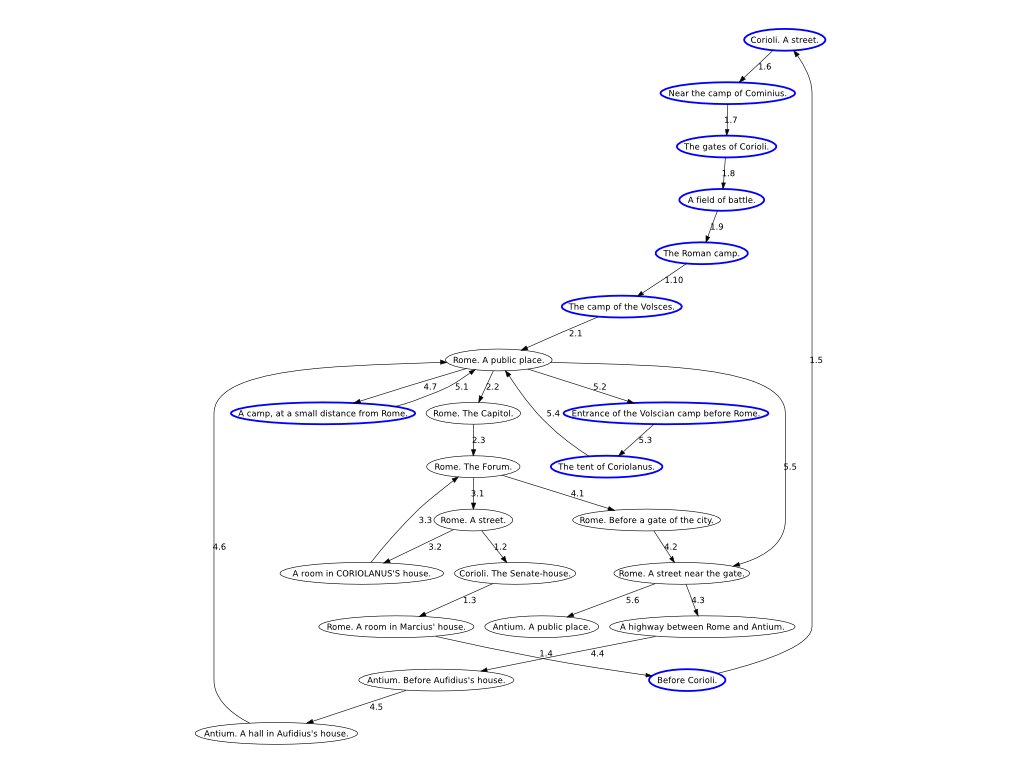I'll be a little honest: I read the "screwmeneutics" article, and I'm not quite sure what the writer is trying to say. I understand that he is comparing the older forms of searching and browsing with their newer counterparts, and I think I understand that he is saying that there is a change from the traditional "search" and "browse" and its newer replacement, the community of sharing that is the internet. Is that right? It's a little hard to tell.
Also, I was thinking: have we truly seen the death of the anthology? I mean, search engines work on relevance and popularity as defined by an algorithm. What this means that finding documents is already predetermined by a procedural system and general consensus. So, in a way, we have might have ceased the study of compiling anthologies, but instead have begun studying ways to automate anthologies.
I think an interesting idea would be to set up a database that's just quickly scraped texts - no question to their purpose or relevancy to any topic - and simply have a user open up a random one. I think that this would be an interesting way to browse, since it would be a lot easier to find obscure works.
But I'm also secretly worried I misinterpreted the article and that my response doesn't apply at all.

Here's a reading and discussion exercise we'll be running for the next few days. Please complete your posts by next Monday, 2/25. Choose at least one of the following two articles by Steve Ramsay to read and discuss: "The Hermeneutics of Screwing Around; or What You Do with a Million Books" and /or "In Praise of Pattern".
As you are working on and thinking about your projects and reading Steve's work, what do you notice about the way you're thinking about "doing research" with coding?
What do you think of Steve's perspective on "screwmeneutics" (for example) and the way we explore humanities with tech tools to find patterns?
@koshinf @SparkTheDragon @JAG240 @James-f117 @achen298 @abdual1100 @NADGIT @frabbitry @alnopa9 @KSD32 @BMT45